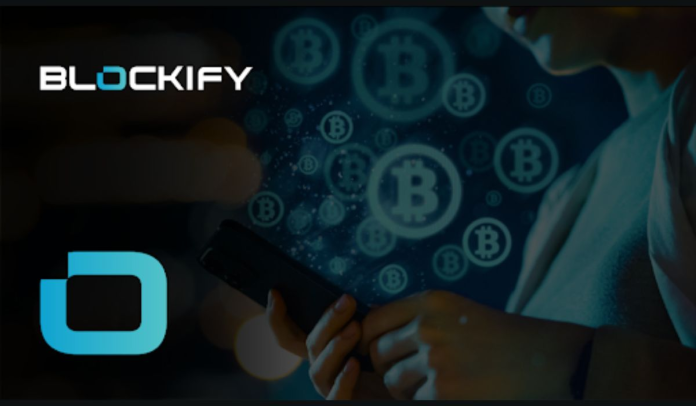Decentralized social networks are a new way to interact and connect with others online. Unlike traditional social networks like Facebook and Twitter, which are centralized and controlled by a single company, decentralized social networks are distributed and decentralized, meaning any one entity does not control them.
What does this mean for users? Decentralized social networks have the potential to offer more privacy and security, as well as more control over data. Additionally, they have the potential to be more resistant to censorship.
However, decentralized social networks are still in their early stages of development, and there are some challenges that need to be addressed. For example, finding people you know on a decentralized social network can be difficult, and the user experience is often not as polished as on a traditional social network. Additionally, decentralized social networks are not immune to fake news and other forms of misinformation.
That being said, decentralized social networks are an intriguing new development in the social media landscape, and it will be interesting to see how they evolve over time.
DeFi and Decentralized Social Media Platforms
The social media landscape is constantly evolving. New platforms emerge, and others disappear. But one thing has remained constant: the centralized nature of these platforms. Decentralized social media platforms are emerging to give users more control over their data and its use.
One such platform is DeFi social, which is built on the Ethereum blockchain. Defi allows users to connect their social media accounts and earn rewards for their activity. The more active you are, the more rewards you earn. These rewards can be used to buy goods and services on the platform or withdrawn to your personal wallet.
The Defi platform is still in its early stages, but it has the potential to disrupt the social media landscape. It’s a new way of thinking about social media and puts users in control.
Decentralized social media platforms respond to the centralized nature of the current social media landscape. These platforms give users more control over their data and its use.
Other decentralized social media platforms are out there, same as Blockify, and more will emerge. These platforms offer a new way of thinking about social media and are worth keeping an eye on.
Benefits of DeFi-Based Social Media Network Platforms
In recent years, social media networks have become increasingly centralized, with a few large companies controlling most of the market. This has led to several problems: censorship, lack of privacy, and news manipulation.
Decentralized social media networks, or “DeFi-based social media platforms,” have emerged as a solution to these problems. DeFi-based social media platforms are built on the Ethereum blockchain and use smart contracts to decentralize the network. This means that there is no single point of control, and the network is more resistant to censorship and manipulation.
There are several benefits to using a DeFi-based social media platform.
1. Censorship-resistant:
One of the biggest problems with centralized social media networks is censorship. Social media companies have been known to censor content they deem inappropriate or offensive. This can lead to the suppression of important voices and the spread of misinformation.
DeFi social media platforms are censorship-resistant because there is no central authority that can censor content. Instead, the community decides what content is appropriate. This allows for a more open and free exchange of ideas.
2. Privacy-focused:
Another problem with centralized social media networks is that they collect any data about their users. This data is then often sold to advertisers or used to target ads. DeFi-based social media platforms are privacy-focused and do not collect or sell user data.
3. Manipulation-resistant:
Another issue with centralized social media networks is that they are susceptible to manipulation. For example, social media companies have been known to manipulate their users’ newsfeeds to show them content that the company wants them to see. DeFi-based social media platforms are resistant to manipulation because there is no central authority that can control the content that is displayed.
4. Open and transparent:
DeFi-based social media platforms are open and transparent. This means that anyone can audit the code to ensure that there are no hidden agendas or backdoors.
5. Community-driven:
DeFi-based social media platforms are community-driven. This means that the platform is governed by the community, not by a central authority. This allows for a more democratic and decentralized governance model.
Conclusion
Decentralized social networks are still in their early stages, but they hold much promise for the future. They offer a more secure and private way to communicate and connect with others, and they have the potential to disrupt the centralized social media landscape. If you’re interested in exploring decentralized social networks, be sure to check out DeFi Social.


